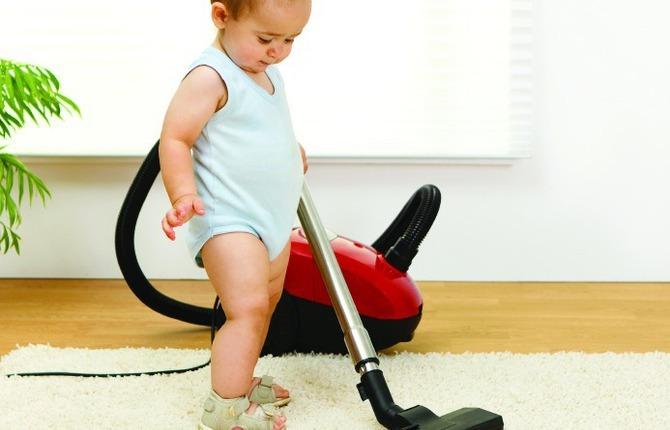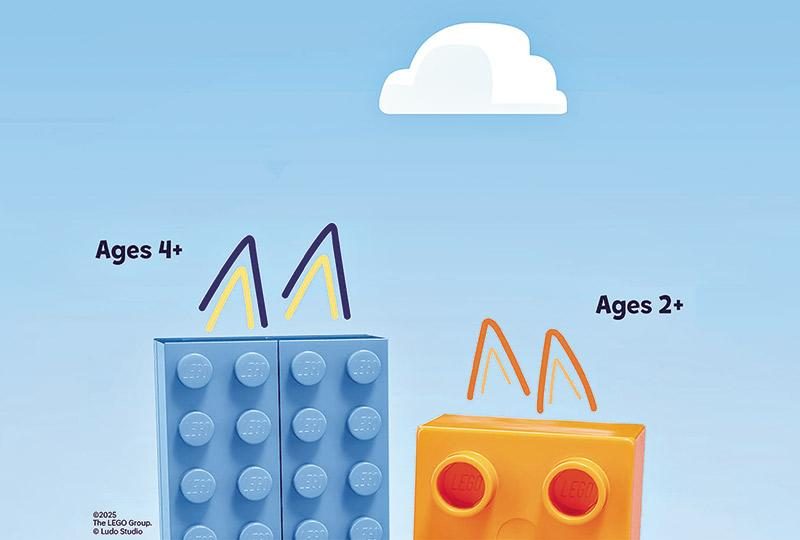
Turn your kids into happy helpers
Have midnight walks to the kitchen become treacherous journeys complete with landmines and hidden traps? Are you sick of battling your children in hopes they will happily do their chores while beds remain unmade and toys or clothes seem to rule your living room floor?
Here’s how to make chore time enjoyable for both the kids and you. With a little time and persistence, you’ll have your kids whistling while they work.
Make it a Game: Figuring out creative ways to turn chore time into game time works wonders. Kids enjoy games, puzzles and creative thinking; if they view chores as a “get to” rather than a “have to” they will engage more willingly and cheerfully. Kids also love a good challenge. Here are a few ideas to make chore time more interesting.
Give your kids a time limit that makes them work quickly trying hard to finish everything before the buzzer rings.
Have your children compete by seeing who can pick up the most toys or sort their laundry the fastest.
The dishwasher could be a brilliant game of Tetris in which your children try to fit every dirty dish into the washer just right.
Don’t Play Dumb: If gaming does not work, and if your child is just refusing to do their chores or fighting you on the subject, sit them down and use a little reasoning. Ask them why they don’t want to contribute. Ask them who they think will do the chores if they don’t help? Be inquisitive. Figure out what’s in the way and ask them for suggestions for moving forward. Kids are more likely to help when they feel like helping was their idea. Allowing them to give some input might encourage a compromise leading to positive behavior and ultimately, help with household duties. It might take a little coaxing, but they’ll tell you what’s going on, how they feel and why they are being so negative if you give them a chance. Once they are ready to start, offer a smile, some extra encouragement and a bit of silly cheerleading.
Rewards are Fun: Everybody loves being rewarded – especially kids. Make the reward something positive for your child. For younger kids the reward might have to be given immediately while older kids can be rewarded weekly. And the reward doesn’t have to be money. Think about what your child loves most – candy, special dinners, clothes, toys or activities. Ask your child what they believe the job is worth. It might take a little bartering, but once you reach a reasonable agreement, make sure they live up to their end of the bargain – and you live up to yours as well. Be specific in laying out the guidelines and conditions, so nobody feels like they got the short end of the stick. Often times, your child will be excited to complete their chores when they know they will be rewarded for their efforts. Make sure your kids know you sincerely appreciate their hard work and determination.
It’s Not Negative: A lot of parents use chores as punishment and then scratch their heads in wonder as to why their children hate helping with them. When chores are connected to negativity, kids will also relate them to negative thoughts and behavior. Show your kids the benefits of the chores. Doing laundry can be a fun activity and a great example of instant results- dirty, smelly clothes go in and warm, fresh clothes come out. There’s more to mopping the floor than sore arms; it ensures health and safety – especially if there are crawlers in the family. When kids learn to connect chores to something positive, they will likely not be as cranky when they need to do them.
Get Involved:Take advantage of the opportunity to spend a little extra time with your child by doing the dishes or setting the table together. Whatever it is your child is supposed to be doing as a chore, it’s probably more fun to do it with you than alone. You can talk about the day, school, upcoming events, thoughts, jokes, etc. Before you know it, you will have enjoyed bonding with your child and the table will be set for dinner! Spending quality time is a homerun every time. Yes, you have to give up some personal space and time, but the rewards and benefits for your child will exceed your expectations.
Give Them Options: Don’t be a dictator. Give your child options and room for expression. Don’t make them do the same chore everyday – switch it up from time to time. Chore charts work well as do wheel-of-duty spinners. These allow children to shuffle through various chores so they don’t always have to dust the picture frames or clean the toilet. Structure is good, but options are excellent. Allowing your child to choose will also give them a greater sense of pride and responsibility in their work. Walk around the house and search for areas that require chore duties, and have your child list them on the iPad or smart phone, then divide and conquer.
Start Young: Build chores and helpful activities into the lives of your kids beginning at a young age. If you’re folding towels, give your little one a small towel to fold. If you’re picking up toys, ask your child to help grab a couple of toys to put away. Pretty soon, helping with chores and duties will become natural for your child.
Be Flexible: Having your children involved in chores means it may not always be done to perfection. Letting your child fold clothes means not only teaching them how to fold properly, but knowing that you might need to re-fold a few along the way or simply living with the fact that it’s not perfect.
Robert Nickell is a father of six and founder of Daddyscrubs.com.





